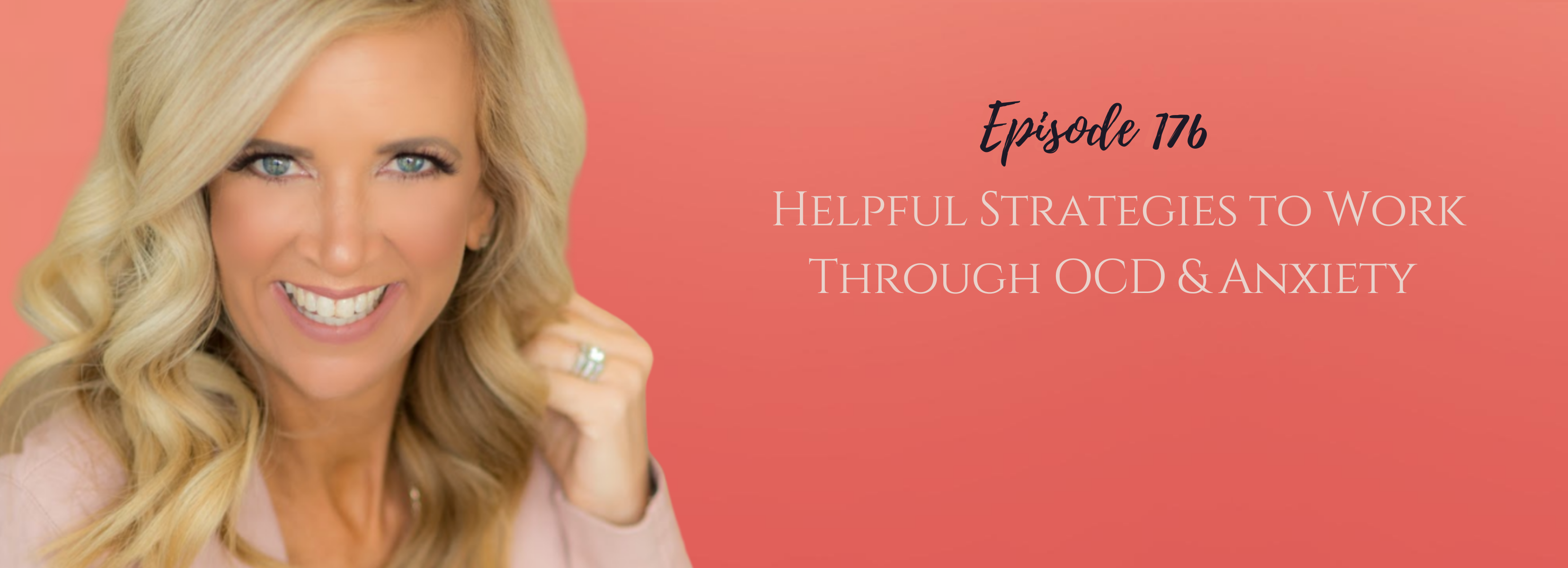
Helpful Strategies to Work Through OCD & Anxiety with Madina Alam, M.S., LMHC, LCMHC| 8.31.2022
In this episode, Kristen talks with Madina Alam, M.S., LMHC, LCMHC, Director of Clinical Operations-NOCD, about the symptoms and different types of OCD, how it develops and some helpful strategies to work through it.
Madina Alam, M.S., LMHC, LCMHC
You'll Learn
- What does having OCD really mean
- Misconceptions surrounding OCD
- Different types of OCD
- Skills and strategies to help individuals with OCD
Resources
For counseling services near Indianapolis, IN, visit www.pathwaystohealingcounseling.com.
Subscribe and Get a free 5-day journal at www.kristendboice.com/freeresources to begin closing the chapter on what doesn’t serve you and open the door to the real you.
Subscribe to the Close the Chapter YouTube Channel
[fusebox_transcript]